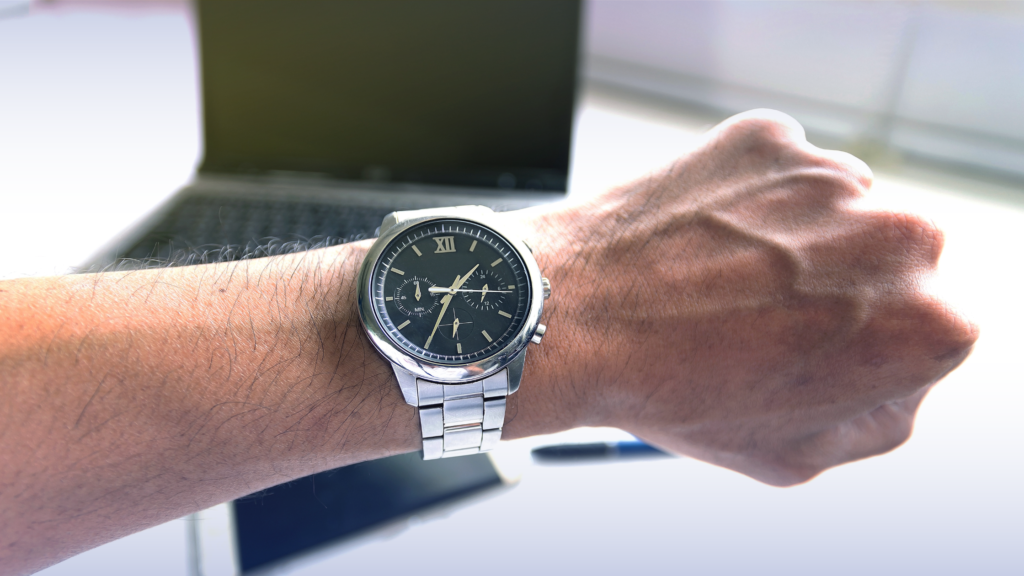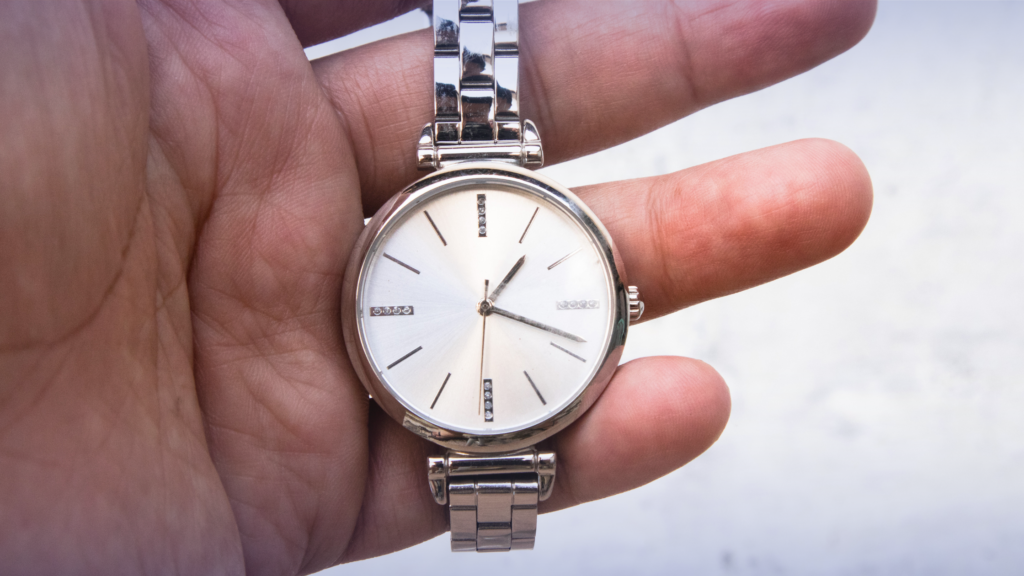Quartz watches have become a ubiquitous presence on wrists worldwide, offering precision timekeeping and stylish designs. But have you ever wondered what makes these watches tick? In this comprehensive guide, we’ll delve into the fascinating world of quartz watch movements, exploring how they work, why they’re so accurate and much more. Whether you’re a seasoned watch enthusiast or simply intrigued by timekeeping technology, this article promises to unravel the mysteries behind quartz watches and why they’re worth your attention.
The Science Behind Quartz Watch Movements: A Detailed Breakdown
What Are Quartz Watch Movements?
Quartz watch movements are a type of timekeeping mechanism that relies on the oscillations of a quartz crystal to regulate time. Unlike mechanical watches, which use intricate gears and springs, quartz watches use electronic circuits to ensure precise timekeeping.
How Do Quartz Watch Work?
Quartz watches operate by utilizing the piezoelectric effect, where an electric current prompts quartz crystals to vibrate consistently. These vibrations are translated into precise timekeeping by electronic circuits housed within the watch. The frequency of these vibrations directly correlates with the accuracy of the timepiece, with higher frequencies typically indicating greater precision. Within a quartz watch, skilled craftsmen meticulously cut and shape a minute sliver of quartz crystal to precise specifications. When an electric current is applied, this crystal vibrates at a frequency determined by its size and shape, serving as a dependable timekeeping reference.

The vibrations of the quartz crystal are converted into electrical signals by an electronic circuit. These signals then drive a stepper motor, which in turn moves the watch’s gears to accurately display the time on the dial. This electronic method of timekeeping distinguishes quartz watches from their mechanical counterparts. Renowned for their accuracy, quartz watches boast quartz crystals vibrating millions of times per second, offering a stable timekeeping reference. Moreover, their electronic circuitry ensures precise timekeeping across various conditions, making them reliable choices for everyday wear.
Why Are Quartz Watches So Accurate?
One of the key advantages of quartz watches is their remarkable accuracy. Quartz crystals vibrate at a consistent frequency, providing a reliable reference for timekeeping. Additionally, quartz movements are less susceptible to external factors such as temperature and gravity, further enhancing their accuracy.
Exploring the Advantages of Quartz Watches
Quartz watches offer several advantages over their mechanical counterparts. They are typically more affordable, making them accessible to a wider range of consumers. Additionally, quartz watches require minimal maintenance, as they do not rely on intricate mechanical components.
The Role of Quartz Crystals in Watch Mechanisms
At the heart of every quartz watch is a tiny sliver of quartz crystal. Manufacturers carefully cut and shape these crystals to resonate at a specific frequency, providing the precise timekeeping accuracy known in quartz watches.
Can Quartz Watches Be Repaired?
While quartz watches are generally reliable, they can still encounter issues over time. Fortunately, A skilled watchmaker can easily address common problems like battery or crystal replacement. Quartz watches are powered by batteries, which typically last several years before needing replacement. The exact lifespan of a quartz watch battery depends on factors such as usage and the quality of the battery itself.
Style and Design: The Aesthetics of Quartz Timepieces
Quartz watches come in a wide variety of styles and designs, ranging from sleek and modern to classic and timeless. Whether you prefer a sporty chronograph or an elegant dress watch, there’s a quartz timepiece to suit every taste and occasion.

Investing in Time: The Value of Quartz Watches
While quartz watches may not have the same cachet as their mechanical counterparts, they still hold value for collectors and enthusiasts. High-quality quartz watches can offer reliable timekeeping and even appreciate over time. To keep your quartz watch running smoothly, it’s important to follow a few simple maintenance tips. Maintain your watch’s cleanliness, avoid extreme temperatures and magnetic fields, and schedule regular servicing with a professional watchmaker.
In summary, quartz watch movements offer unparalleled accuracy, affordability, and convenience, making them a popular choice for watch enthusiasts and everyday wearers alike. Whether you’re drawn to their precision engineering or stylish designs, quartz watches continue to play a significant role in the world of horology. So next time you glance at your wrist to check the time, take a moment to appreciate the fascinating technology behind your trusty quartz watch.
Key Takeaways:
- Precision Timekeeping: Quartz watches offer reliable and accurate timekeeping through quartz crystal oscillations.
- Affordability and Accessibility: Quartz watches are affordable and accessible, providing reliable timekeeping without breaking the bank.
- Low Maintenance: Minimal maintenance is required for quartz watches, making them convenient for everyday wear.
- Battery Life: Quartz watches are powered by batteries that last several years before needing replacement.
- Wide Variety of Styles: Quartz watches come in diverse styles, catering to different preferences and occasions.
- Value and Investment: High-quality quartz watches can offer value and potential appreciation over time.
- Maintenance Tips: Keep your quartz watch clean, dry, and away from extreme conditions for optimal performance. Regular servicing is recommended.
People also Asked
What is a quartz movement watch?
A quartz movement watch uses a quartz crystal to regulate timekeeping. When powered by a small battery, the crystal vibrates at a consistent frequency, ensuring precise timekeeping. This electronic movement makes quartz watches more accurate and low-maintenance compared to mechanical watches.
Which watch movement is better, quartz or automatic?
Both quartz and automatic movements have their strengths. Quartz watches are known for their precision, affordability, and low maintenance, making them ideal for everyday use. Automatic watches, on the other hand, are powered by the wearer’s motion and offer a sense of craftsmanship and tradition, often appealing to watch enthusiasts. The better choice depends on your priorities: accuracy and convenience, or tradition and artistry.
Are all quartz watch movements the same?
No, not all quartz watch movements are the same. While the basic principle is similar, some quartz watches feature higher-quality movements for improved durability, accuracy, or additional complications like chronographs. Different brands may also use proprietary technology to enhance performance or design.
How long do quartz watch movements last?
A well-made quartz movement can last for many years, often between 20 to 30 years with proper care. The battery typically needs replacing every few years, but the movement itself remains reliable for decades as long as the watch is maintained and kept away from moisture or extreme temperatures.
Can a quartz watch last 100 years?
While it’s possible for a quartz watch to last close to 100 years, it would require careful maintenance and frequent battery changes. The movement itself is durable, but over time, the wear on components and environmental factors may impact its longevity. With the right care, however, a quartz watch can last for generations.

